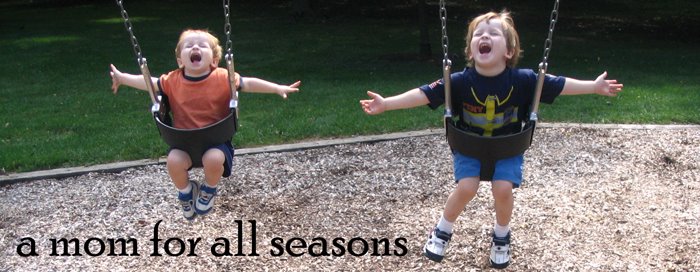Each of your children is different.
I know, it seems obvious, but not so much. After your first child, you assume your next one will be just the same. Eat the same, sleep the same, show the same temperament, have the same interests, have the same learning pattern, have the same interests. As humans, we create these frameworks and try to put everything into it but everything doesn't always fit. It would be way too easy if every child was the same and you could just repeat what worked the first time. But parenting isn't easy.
So, if you understand this concept, you can approach each child as they are (with all their individual strengths and challenges) and mold your parenting to meet their specific needs. Our youngest would rather run around and touch and explore new things but our middle child prefers to sit, observe, and analyze first. Our first two are very particular about their clothing options and choices. We are lucky our youngest is wearing any clothing outside the house. Our middle child doesn't eat, never really has. The youngest won't sleep. One needs to be stopped and talked to for us to understand what is going on with her life, one tells us everything that happens every minute, and the other one will draw a picture to tell us about lunch. One of our children needs physical affection often each day and another prefers not to cuddled at all.
I am often struck when other parents tell my just how surprised they are when their second or third child does something different than their oldest child. Parents will say, 'I just don't know what do, my oldest never did that.'
It may because I am a teacher and have worked with so many different children in different settings including children with disabilities, that I feel the strong need to let the child guide my parenting or teaching. I find that working with the child's strengths and understanding his challenges allows me to meet his needs (physically, emotionally, academically) much better without the frustration that he won't do it the way I want it. Overall, as parents (and teachers), it is all about the kids. Getting things done how we, as adults, want them isn't important but providing appropriate, sensitive experiences and interactions for the children to foster their development is important. We will feel great about ourselves as we raise happy and healthy children children.

No comments:
Post a Comment